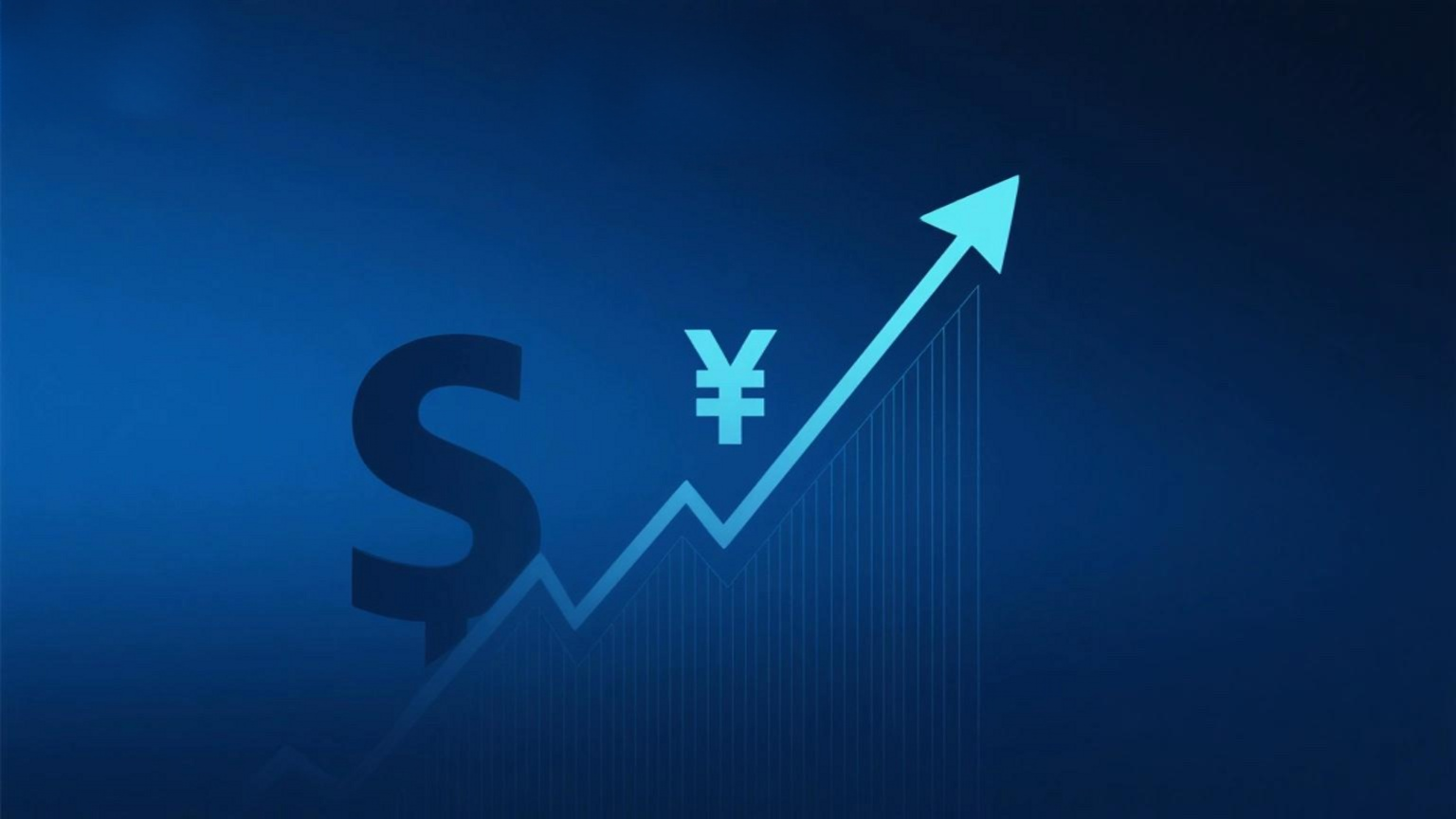
-
Japan’s Regulatory Policies Gradually Becoming Clearer
In 2016, Japan amended the Payment Services Act: Virtual currencies were included in the regulatory scope for the first time, establishing a mandatory registration system for exchanges and requiring platforms to implement customer asset segregation, annual external audits, and anti-money laundering (AML) measures. This amendment laid the legal foundation for subsequent regulations, making Japan the first country to issue licenses to cryptocurrency exchanges. The revised Fund Settlement Act in 2017 further recognized virtual currencies as legal payment instruments and established a licensing system for exchanges. This regulatory breakthrough directly led to SBI launching its crypto exchange, SBI VC Trade, and obtaining a license in the same year.
In 2020, the Financial Instruments and Exchange Act was amended to clarify the legal status of security token offerings (STOs), allowing their issuance and trading via blockchain technology. The SBI Group became the first financial institution approved to conduct STO businesses.
On June 24, 2025, Japan’s Financial Services Agency (FSA) released a document announcing serious consideration of shifting the regulation of crypto assets from the Payment Services Act to the Financial Instruments and Exchange Act.
In summary, Japan’s crypto regulatory framework is globally leading, and its increasingly refined regulatory system has facilitated SBI’s transition into crypto finance.
-
The Unstoppable Restructuring of Financial Infrastructure by Blockchain
The trend of blockchain technology reshaping financial infrastructure is a core driver behind SBI’s transformation. Through its joint venture SBI Ripple Asia, SBI uses XRP as a bridge currency for cross-border settlements, reducing remittance costs from Japan to the Philippines by 30% and cutting settlement time from three days to three seconds. In collaboration with Singapore’s Startale, SBI is developing a blockchain-based stock digitization platform, aiming to convert Japanese stocks into ERC-20 standard tokens by the end of 2026. Tokenized stocks enable T+0 real-time settlement, reduce trading costs by 70%, and support fractional ownership (e.g., 0.0001 shares).
Blockchain has achieved a leap in financial efficiency through technological restructuring. As a traditional financial giant, SBI has顺应ed to technological trends, actively embracing blockchain in the wave of financial infrastructure transformation. Alongside other traditional financial giants like BlackRock, SBI has become a pioneer in the transformation of traditional financial enterprises within the crypto space.
-
Seizing Influence in the Crypto Industry
As of August 2025, the number of cryptocurrency trading accounts in Japan has exceeded 12 million, accounting for 9.5% of the total population—a 50% increase from 2024. Gaining influence in the rapidly growing crypto industry is of great significance to SBI. Over the past few years, the SBI Group has been deeply involved in the formulation and implementation of Japan’s cryptocurrency and digital asset regulatory policies, demonstrating its considerable influence.
The Japan STO Association, led by SBI, received official certification from the FSA in 2020, becoming the sole self-regulatory organization in the stablecoin and security token领域. In 2020, SBI completed Japan’s first security token offering (STO), tokenizing shares of its subsidiary SBI e-Sports, which directly prompted the FSA to amend the Financial Instruments and Exchange Act in 2021. As a leader of the Japan Digital Securities Issuance Association, SBI promoted the establishment of the world’s first self-regulatory framework (SRO) for digital securities, with related technical solutions incorporated into the 2023 Digital Securities Infrastructure Act. In the Monetary Authority of Singapore’s (MAS) Project Guardian in 2024, SBI led the development of a cross-border tokenized securities distribution framework, facilitating regulatory mutual recognition among exchanges in Japan, Singapore, and Switzerland. The related agreements were incorporated into the FSA’s Cross-Border Digital Asset Trading Guidelines.
















